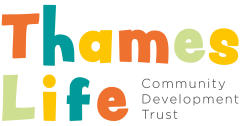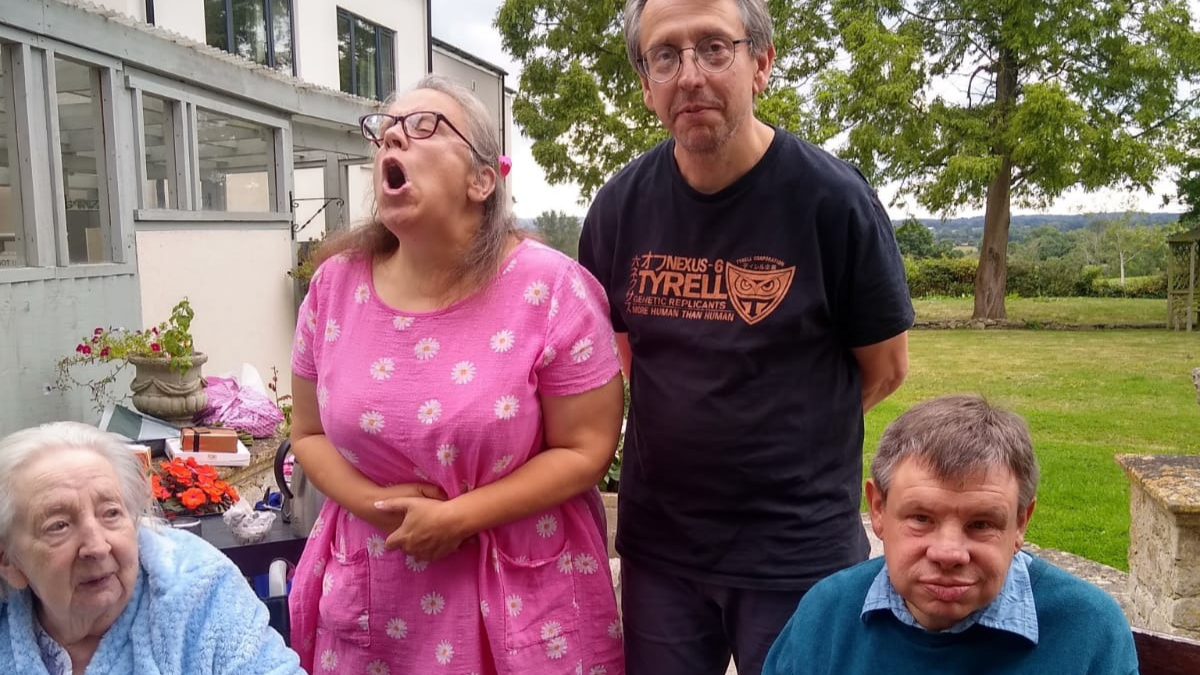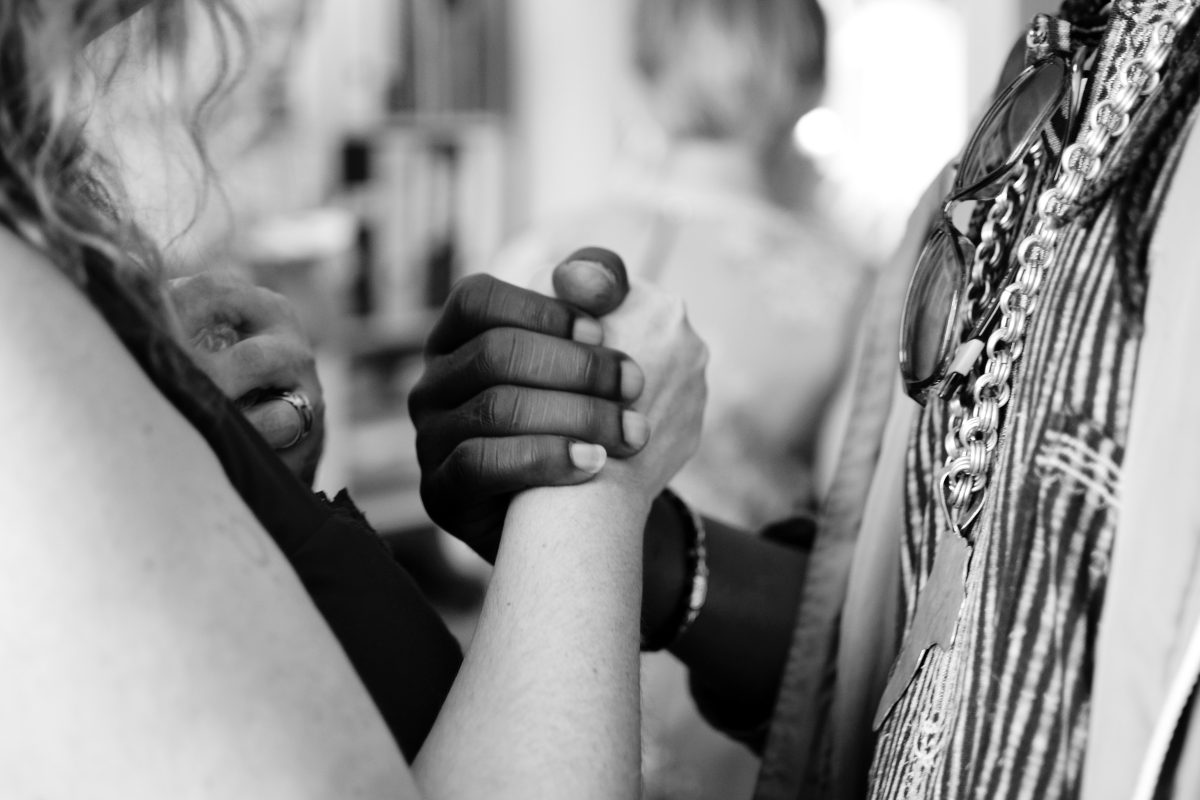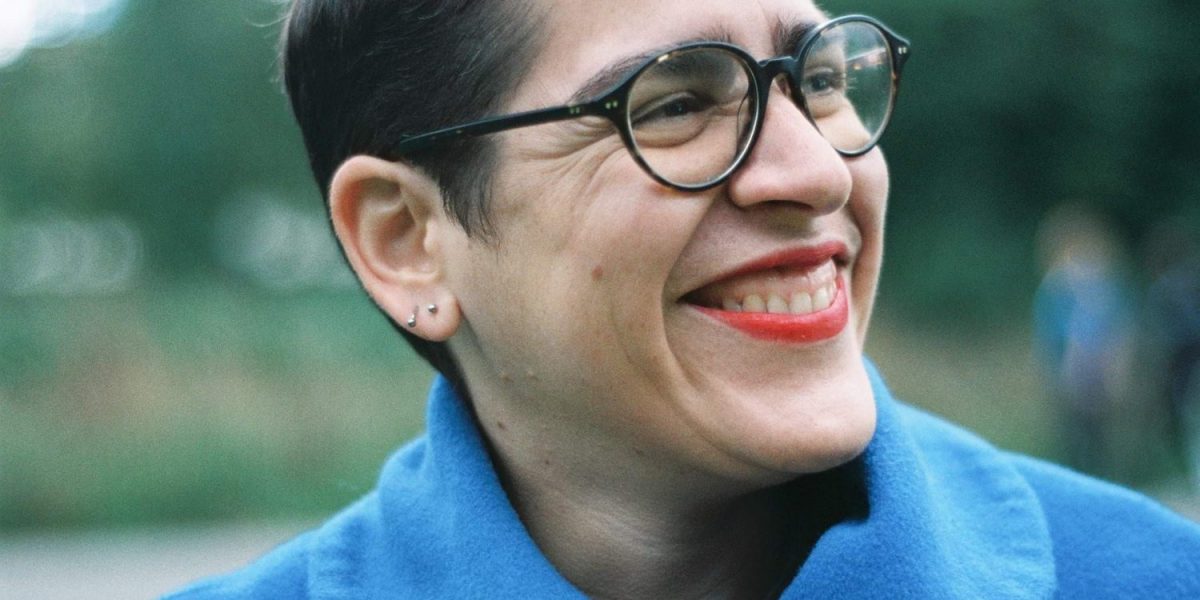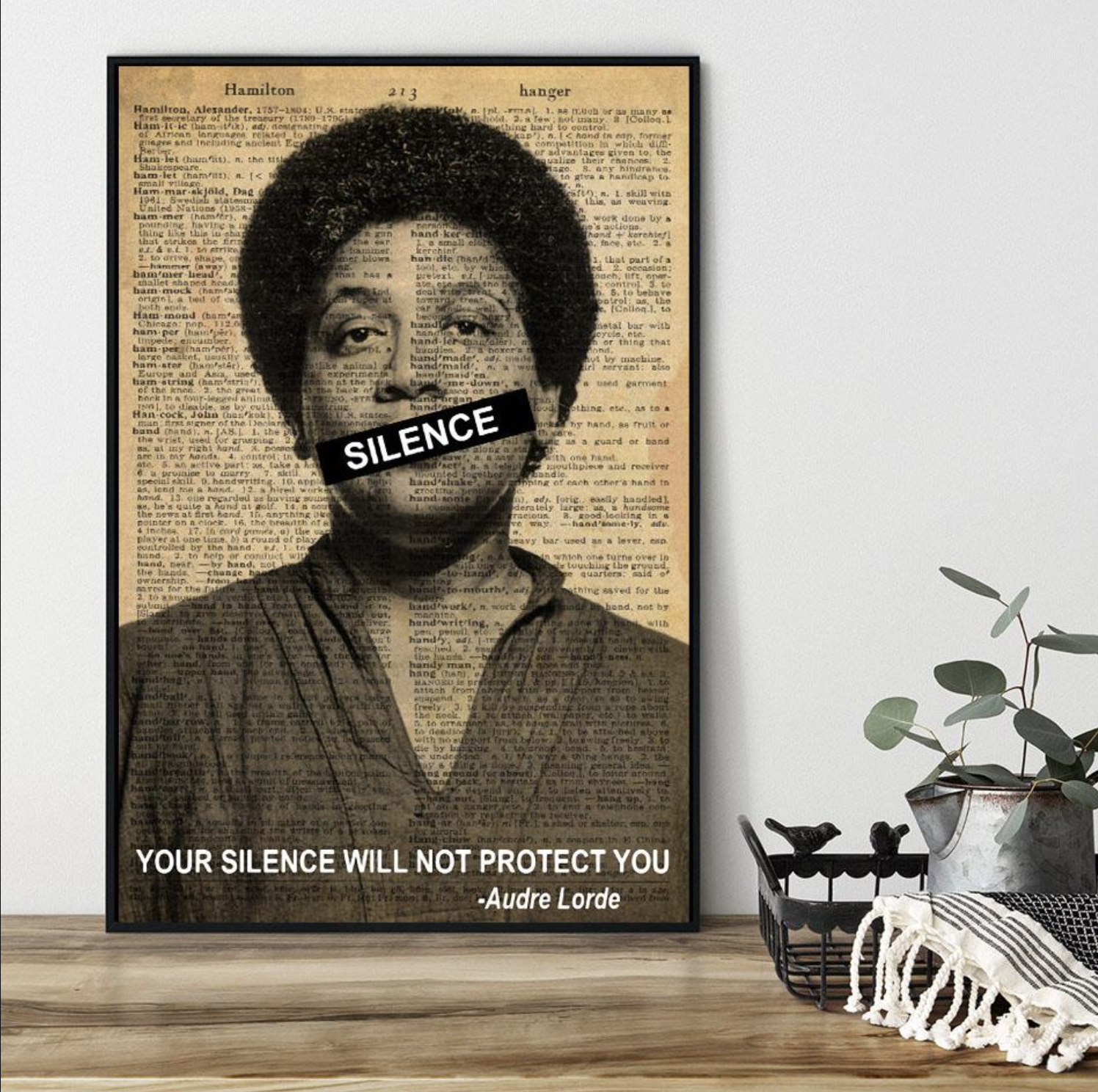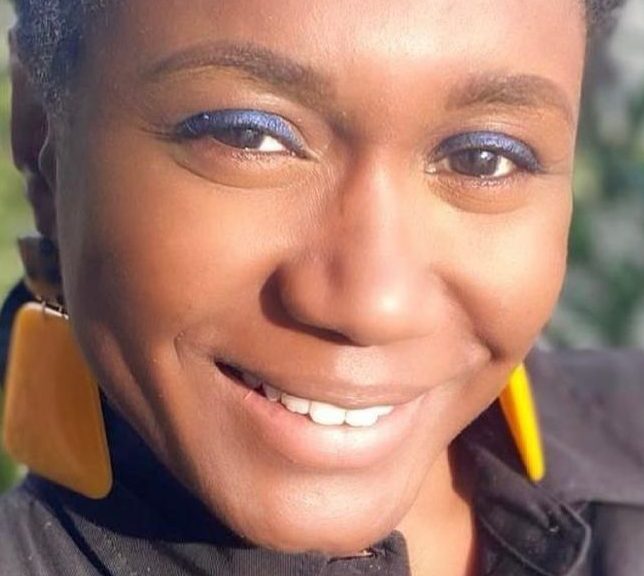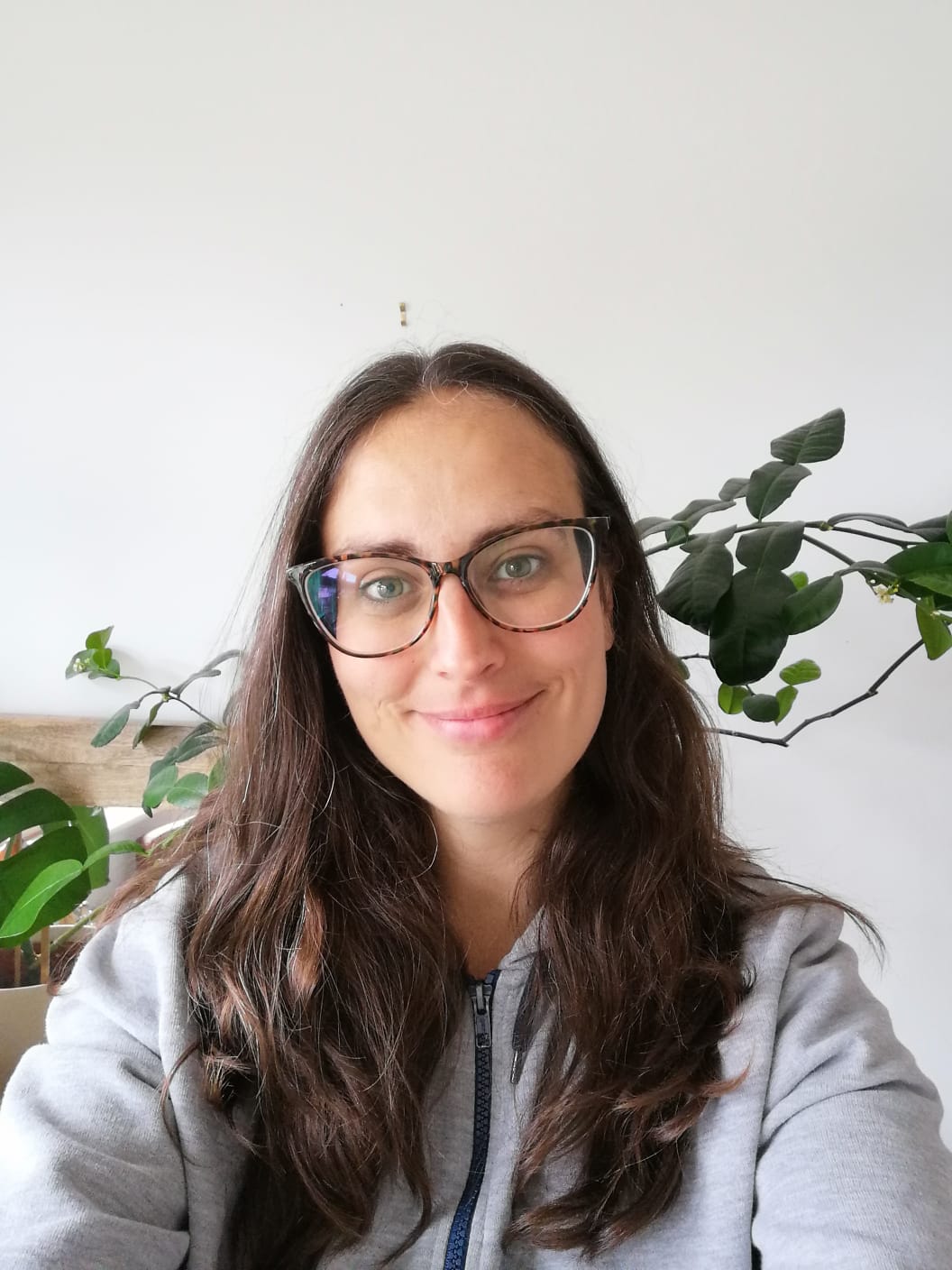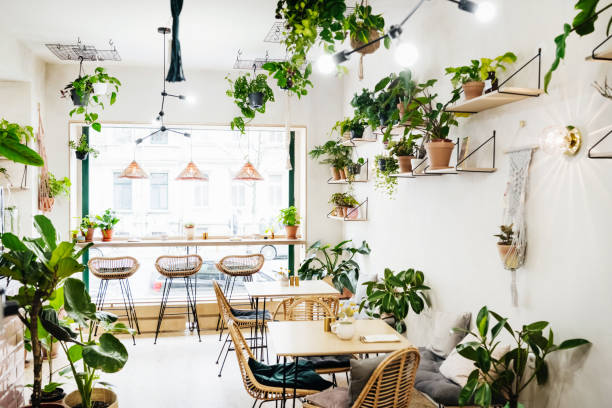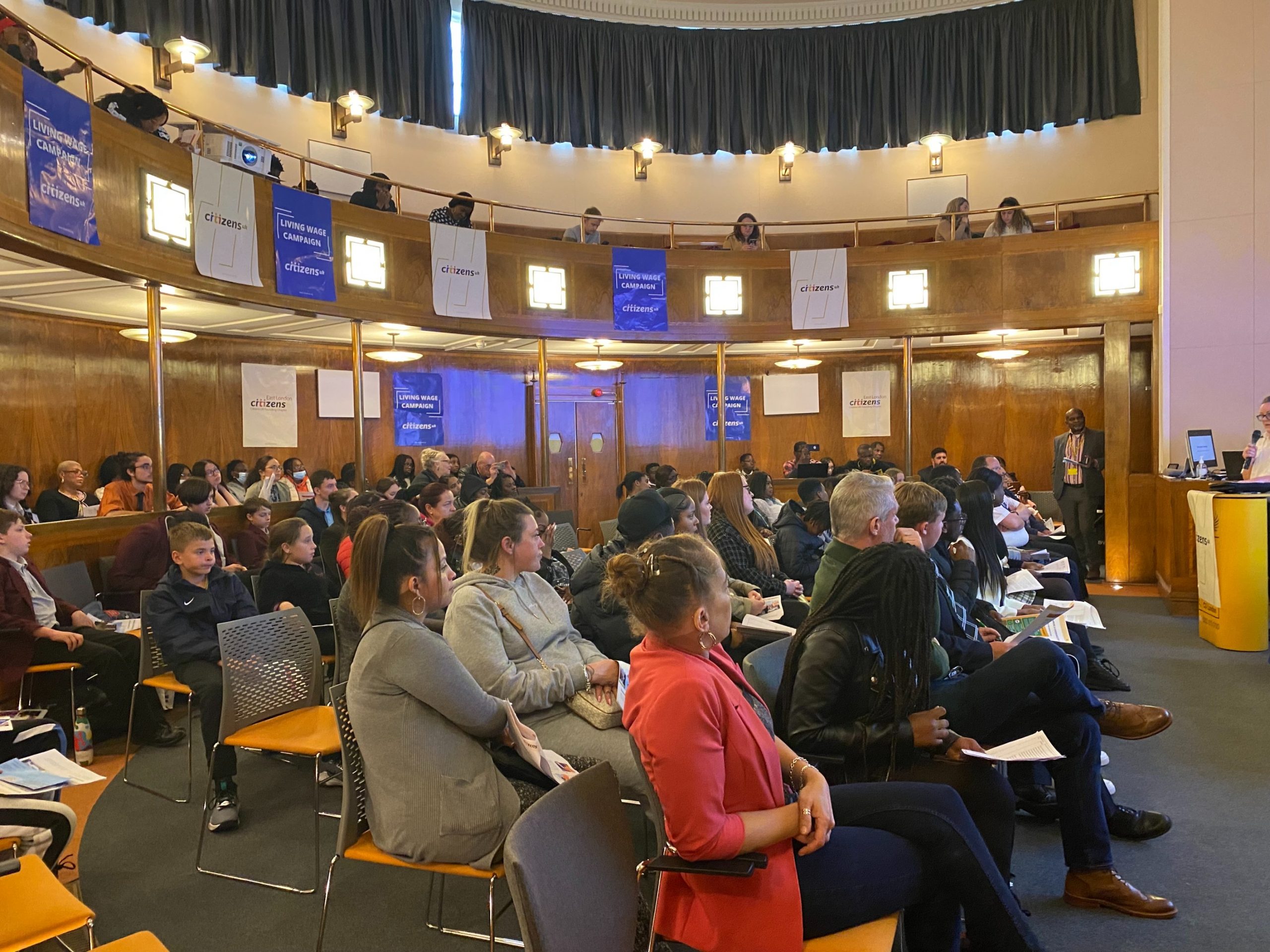It is 2023 amidst an era of technological wonderment so why can’t I get through to someone to sort out my sister’s benefits?
Thank you for waiting. Please continue to hold and we will answer your call as soon as possible. Alternatively to look for work or other services please access our website at www.gov.uk
The care home where she lives, in Northamptonshire told me she was running out of money. It was a business thing – the accounts department were triggered by a lack of money.
I am an appointee. I had to fill out a load of forms via the DWP. I kept asking the social workers what these words mean – appointee, power of attorney etc. Comes down to money and who oversees or decides. I didn’t get the impression they cared much beyond that. They talk to me in a detached dry way. Sometimes when I explain I don’t understand they warm up a bit but it is always someone different to speak to.
I have a brother and a sister, both born with severe learning difficulties. I am the eldest. We didn’t have the more empowering words and language to describe disability in those days. The words were stigmatising and unkind. I don’t remember the brief time spent with social workers being any help. They seemed fake. I didn’t trust them or anyone else really. I’d remind my six-year-old self to always trust their instincts.
So now I am on hold trying to speak to the DWP to sort out my sister’s benefits. It took an hour and a half to get through on the last two occasions. They had to pass me on to another department who were going to follow up. I asked them to give me a time when they would call as I have a full-time job and wouldn’t be able to pick up on the off chance. They called twice, both times I was in the middle of meetings. Missed calls. Now I have to sit on hold, foreseeably for 1-2 hours.
Thank you for waiting. Please continue to hold and we will answer your call as soon as possible. Alternatively to look for work or other services please access our website at www.gov.uk
Cue answer phone music – repetitive snatches of some bland tune…
I can’t afford to wait an hour and a half. I really can’t. I feel stress in my body as I wait for the moment someone picks up.
When my sister got thrown out of her last care home she was moved a hundred plus miles away to another county and region and the bank accounts and money was supposed to follow. I wrote to the bank and they ignored the letters. Eventually, the social workers, when I got through to their helpline, pointed me to the DWP. They suggested I would have to go to the bank with my sister in person. The bank is near Swindon. I am in London. She is near Corby. Not going to happen in the near future. I spoke to the social worker and the care staff and asked for advice and support. They told me I had to call the DWP. I am calling them now to figure out what the next steps are. I have a feeling this is never going to end.
Thank you for waiting. Please continue to hold and we will answer your call as soon as possible. Alternatively to look for work or other services please access our website at www.gov.uk
I asked the care team and the social workers how come this wasn’t picked up on in their reviews. I asked them what they were learning from all of this? Literally no response to that.
I get that they are pressured. But I have lived with that professional coldness and silent superiority all my life. My parents are old now, my mum has Parkinsons. My Dad can’t really deal with things. They have what lots of working people have – a deep distrust and deference to people in authority. I never understood that, based on the evidence and experience they had. I find it sad when people are talked down to, even sadder when they invite it, too weary for anything else.
Swerve.
Taking part in the Barking & Dagenham Reimagining Adult Social Care forum was instructive. I won’t comment further because the personal and professional dimensions make it a bit too real for me.
People talk about living their best life. Being blessed. I feel that. I feel every day I get to do community work is a good day. What I took from some of what I’ve covered is that surviving comes before thriving. But surviving isn’t living. For me to live well, means being in deep relationships with others, on an equal footing. I have that in my life. I don’t quite know how that came about but I do. I am lucky indeed. Some of the partnership and work environments we inhabit fulfil that. Some don’t. Many of the times I feel I have gone wrong in my life is when I have not been sufficiently open or in the moment but it is hard to do that when:
Thank you for waiting. Please continue to hold and we will answer your call as soon as possible. Alternatively to look for work or other services please access our website at www.gov.uk
Matthew Scott
Thames Life CEO
